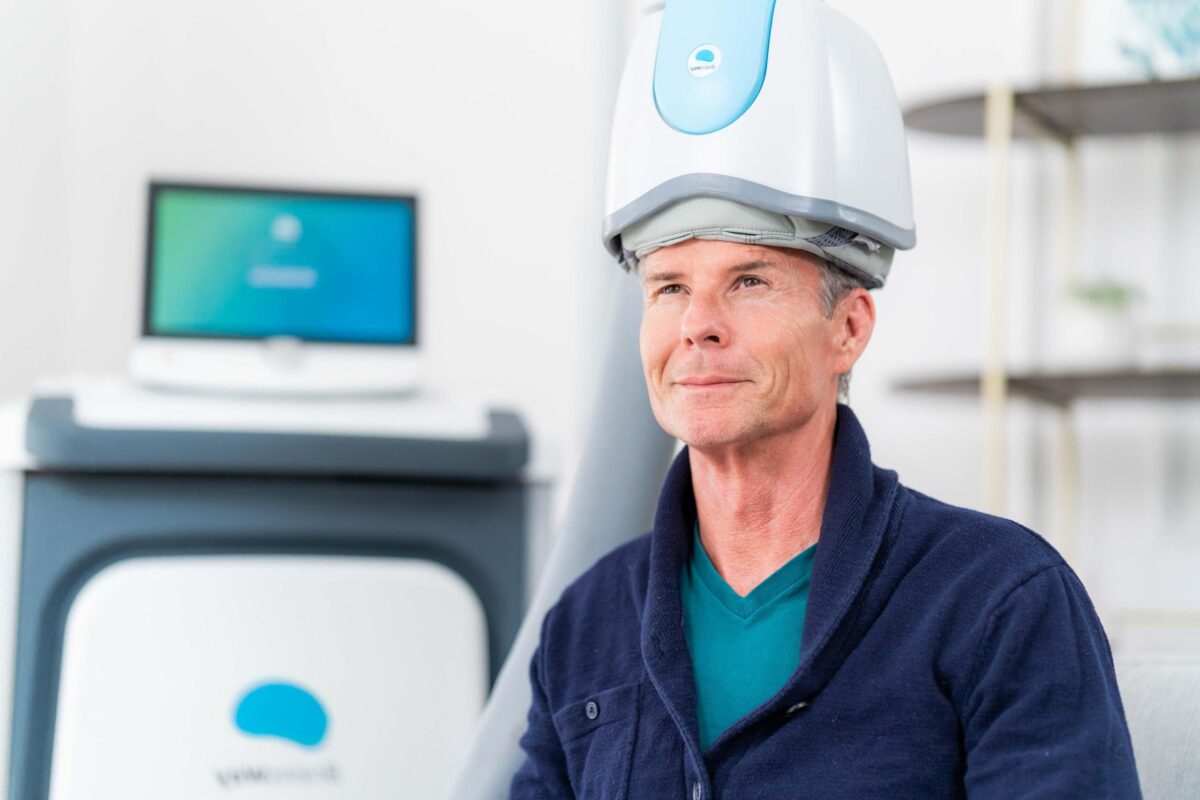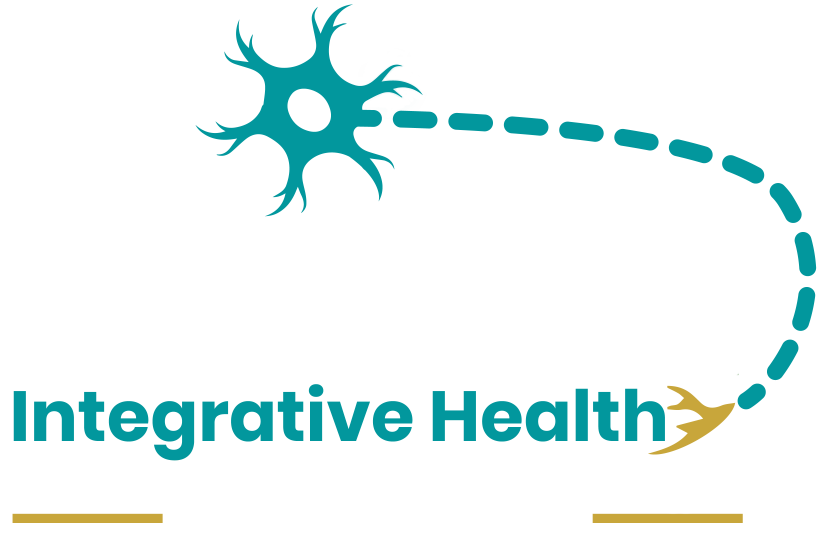Welcome to Axon Integrative Health, where we prioritize your wellness and freedom of movement. If you’ve been experiencing discomfort, pain, or restricted mobility, especially in the hip and lower back area, you may be dealing with a common yet often overlooked issue: Psoas Muscle Contracture or Tightness. In this article, we’ll delve into the various causes of Psoas tightness and introduce our comprehensive approach to addressing this concern.
Understanding Psoas Muscle Tightness
The Psoas muscle, connecting the spine to the Femur (thigh bone), plays a crucial role in stabilizing the spine, supporting proper posture, and facilitating smooth hip movement. However, due to a variety of reasons, the Psoas can become tight or contracted, leading to a range of issues such as lower back pain, hip discomfort, and limited range of motion.
Causes of Psoas Muscle Tightness:
- Sedentary Lifestyle: Prolonged periods of sitting, common in today’s modern lifestyle, can cause the Psoas muscle to shorten and tighten over time.
- Poor Posture: Incorrect posture, whether sitting or standing, can contribute to Psoas muscle tightness, leading to imbalances in the musculoskeletal system.
- Overuse and Repetitive Movements: Athletes or individuals engaging in repetitive activities that involve the hip flexors may experience Psoas muscle tightness due to overuse.
- Stress and Emotional Tension: The Psoas is often referred to as the “fight or flight” muscle, and emotional stress can manifest physically, causing the muscle to contract.
- Muscle Imbalances: Weakness or imbalance in surrounding muscles can contribute to Psoas tightness as the body compensates for lack of support.
Our Approach to Psoas Muscle Tightness:
At Axon Integrative Health, we offer a holistic and multidisciplinary approach to address Psoas muscle tightness, ensuring comprehensive care for our patients. Our tailored methods include:
- Chiropractic Care: Our experienced chiropractors use gentle adjustments to realign the spine, promoting optimal function and relieving pressure on the Psoas muscle.
- Muscle Release and Corrective Exercise: Targeted muscle release techniques combined with corrective exercises help alleviate Psoas tightness, restoring balance and flexibility.
- Dry Needling: This technique involves the insertion of thin needles into trigger points within the Psoas muscle, promoting relaxation and improved blood flow.
- Shockwave Therapy: Utilizing acoustic waves, this non-invasive therapy stimulates healing and reduces muscle tension in the Psoas.
- Class 4 Laser Therapy: By promoting cellular repair and reducing inflammation, laser therapy aids in the recovery of the Psoas muscle.
- Electrical Stimulation (E Stim): This modality helps activate and strengthen the Psoas muscle while providing pain relief.
- Balance/Proprioceptive Training: Through specialized exercises, we enhance balance and proprioception, addressing underlying issues contributing to Psoas tightness.
- Hyperbaric Oxygen Therapy (HBOT): HBOT accelerates the body’s natural healing processes, promoting recovery and reducing inflammation associated with Psoas muscle tightness.
At Axon Integrative Health, we believe in empowering our patients to achieve optimal health and freedom of movement. If you’re experiencing Psoas muscle tightness, our comprehensive and individualized approach, combining chiropractic care, muscle release techniques, and advanced modalities, can help you regain control and comfort in your body. Contact us today to embark on your journey toward a pain-free and mobile life.







